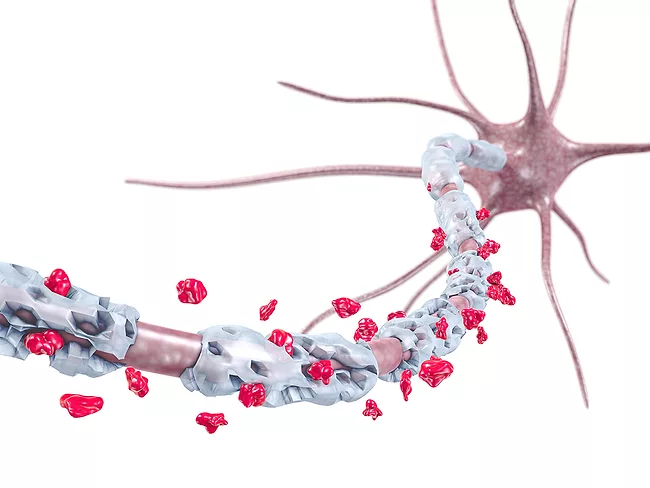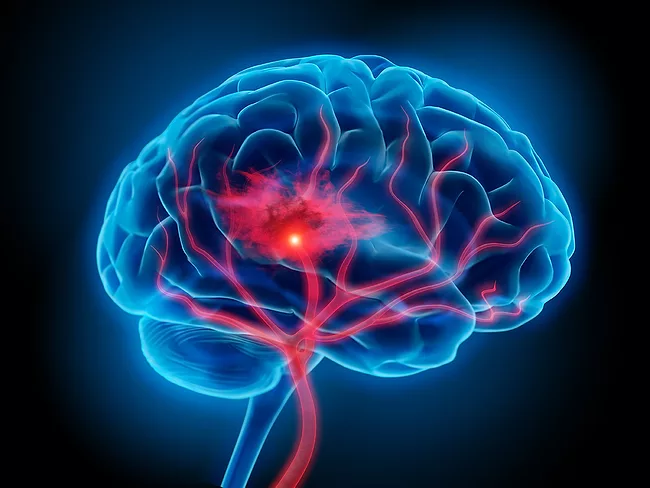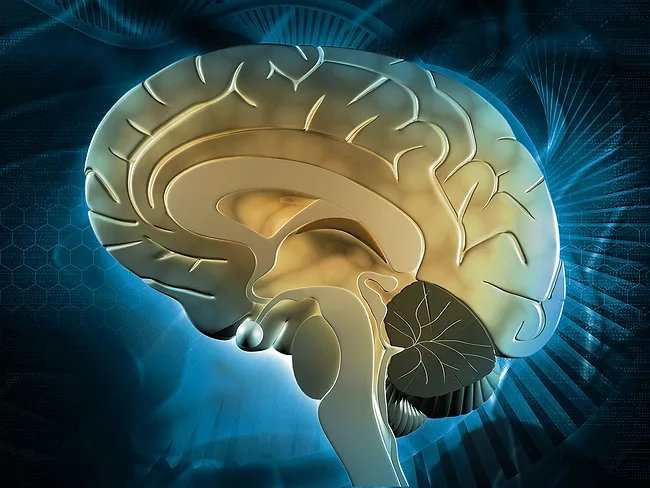
Items Tagged with 'neuroinflammation'
ARTICLES
Neurology/psychiatric
VHB-937 drives microglial activation to promote neuroprotection in the CNS
Read MoreNeurology/psychiatric
EPHB3 inhibitor VTT-001 reduces neuroinflammation across multiple animal models
Read MoreNeurology/psychiatric
ACD-856 TRK PAM mitigates neuroinflammation in experimental Alzheimer's
Read MoreNeurology/psychiatric








